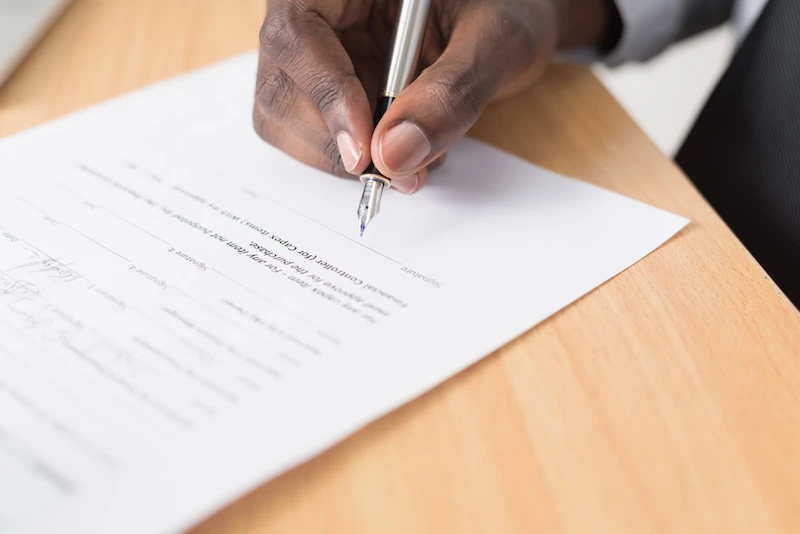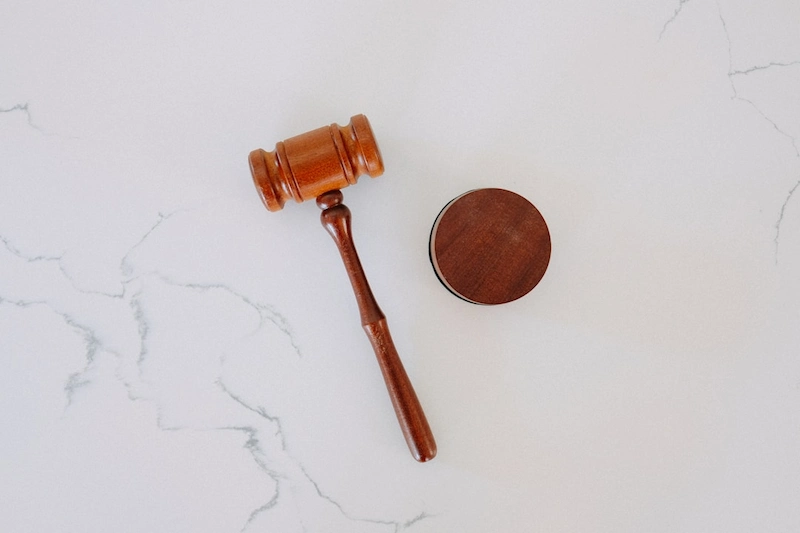When tragedy strikes and you are injured due to someone else’s negligence, filing a personal injury claim may be your path to receiving the justice and compensation you deserve. However, navigating the legal system can be daunting and complex, and small mistakes can significantly impact the outcome of your case. By identifying and avoiding common pitfalls, you can increase your chances of a successful resolution. Below, we’ll discuss crucial errors to steer clear of during the claim process to help ensure you’re equipped to protect your rights.
Avoiding Common Errors When Pursuing a Personal Injury Case
One critical error often made by claimants is delaying legal action. The statute of limitations sets strict deadlines for filing claims, and missing them can forfeit your right to compensation. Seeking legal advice promptly after an incident is crucial. Miscommunication with insurance companies is another common mistake. Understanding what information to share is essential, as adjusters may seek statements that could devalue your claim. Professional legal guidance helps navigate these conversations effectively.
Undervaluing one’s claim is also prevalent. Without a full grasp of how damages are calculated, including future costs, claimants may accept inadequate settlements. Neglecting to gather solid evidence can weaken your case. It’s crucial to document all aspects of the accident, including photos and witness statements, as this is essential for constructing a robust compensation case. Therefore, meticulous evidence collection from the start is indispensable.
The Pitfalls of Misjudging the Severity of an Injury
After an accident, it’s common for individuals to underestimate their injuries due to adrenaline masking pain. Symptoms may not manifest immediately, underscoring the importance of seeking prompt medical evaluation. A comprehensive medical assessment is vital for documenting injuries accurately, bolstering potential personal injury claims.
Failure to do so may weaken your case. Skipping medical appointments or not adhering to treatment plans can raise doubts about the severity of injuries, affecting claim credibility. Returning to work prematurely can impede both physical recovery and claim legitimacy. Consulting healthcare providers for decisions regarding work and activities is crucial for aligning actions with claim progression.
The Consequences of Mishandling Medical Documentation
Proper management of medical documentation is crucial in personal injury cases. Maintaining detailed records of treatments, including dates, providers’ names, and procedures, is essential to demonstrate the severity and impact of injuries. Authorizing the release of medical records to your attorney is imperative for streamlining the claim process. Timely consent enables your lawyer to build a strong case on your behalf.
Tracking medical expenses diligently ensures full compensation. This includes all costs related to treatment, from doctor visits to transportation expenses. Clear and precise language in medical records strengthens your claim. Ensure accuracy by overseeing the recording and presentation of medical information.
Read Also: How Long Does The Personal Injury Claim Process Take?
Navigating the Complexities of Legal Deadlines in Injury Claims

One common pitfall in managing personal injury claims is overlooking legal deadlines, which can jeopardize your ability to pursue your case. Each jurisdiction has its statutes of limitations, and missing these deadlines can forfeit your right to seek compensation in court. Many individuals are unaware of these specific deadlines, including those for claims against government entities, leading to missed opportunities.
It’s easy for claimants to get overwhelmed with the recovery process and neglect the time-sensitive paperwork required for their case. Seeking assistance from a personal injury attorney can ensure that all documents are filed accurately and promptly, maintaining the necessary timeline. Disregarding legal advice regarding deadlines for providing information or responding to settlement offers can disrupt the case significantly. An attorney can keep you informed of these deadlines and recommend actions that align with the strategic direction of your case.
The Risks of Settling Too Quickly Without Proper Legal Advice
Following an accident, the temptation to quickly accept a settlement offer can be strong, especially when facing financial strain. However, agreeing to an initial offer without legal guidance can lead to receiving far less compensation than needed to cover all damages, both immediate and long-term.
An experienced attorney can accurately evaluate the value of your claim, considering not just current expenses but also the lasting effects of your injury. Without this assessment, claimants risk settling for amounts that don’t adequately reflect the severity and duration of their injuries.
Additionally, the rush to settle can take advantage of claimants’ unfamiliarity with the legal process. Insurance companies often make early offers, counting on unrepresented individuals not realizing the full value of their claims.
Seeking legal counsel provides a crucial shield against insurance companies. Your attorney can manage negotiations, protect your rights, and advocate for a settlement that accurately reflects the impact of your injuries on your life and finances.
Overall, navigating a personal injury claim can be complex, but with proper care and legal support, many pitfalls can be avoided. Identifying and avoiding common mistakes is crucial for a favorable outcome. Acting prudently and seeking expert advice can greatly improve your chances of achieving a just resolution. Remember, consulting with a legal professional is essential before making any decisions that could impact your rights and future entitlements.
Explore something different –The Impact Of 5G On Online Casino Gaming







